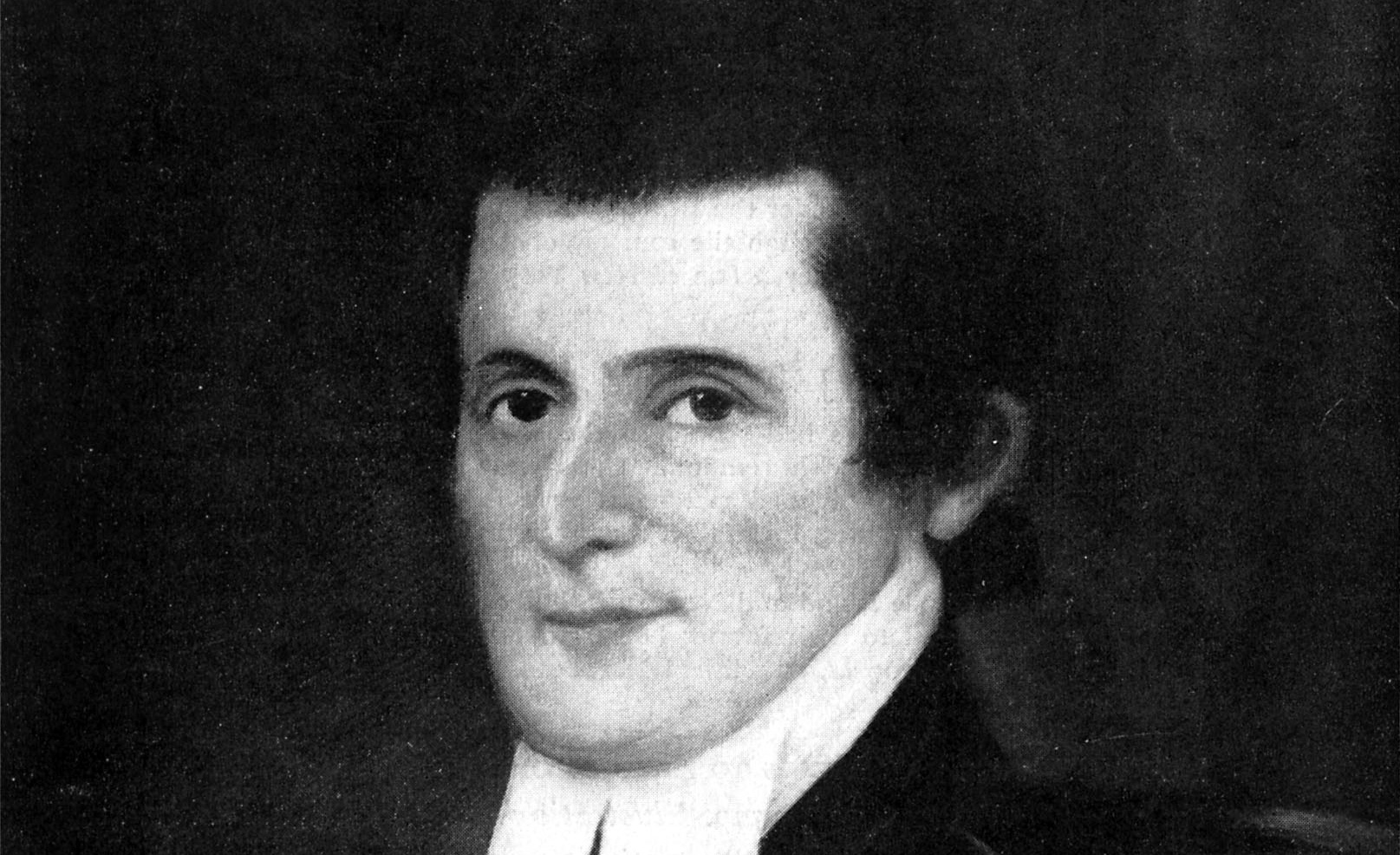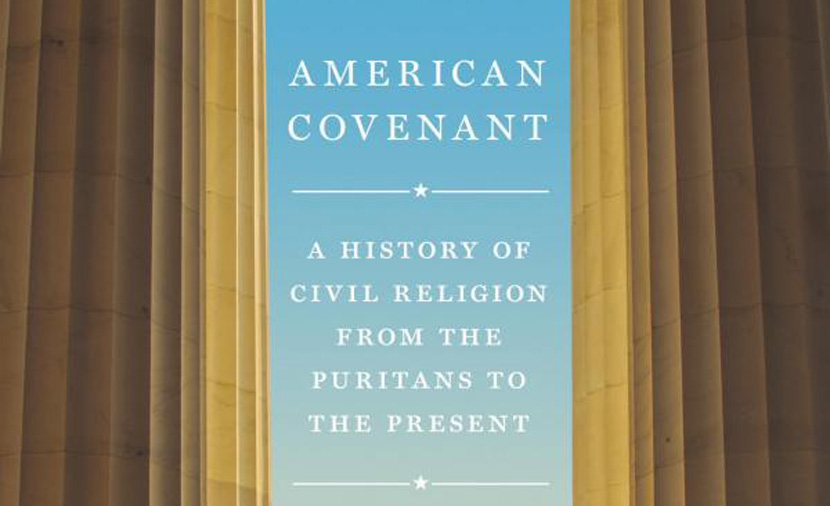American founding
Whence, and whither, religious liberty?
A new online course illuminates how Jewish teachings, combined with the age’s best Enlightenment sensibilities, helped to create and to guide the young republic.
An antidote to the politics of anger and competitive victimhood.
What a new history of American civil religion gets wrong.
Cecil B. DeMille’s absent heirs.
It’s what the Puritans did.
The American exception.
What the “realists” get wrong.
Contemporary debates forget that it serves a distinct social and moral purpose.
Where previous societies had “tolerated” religious minorities, the U.S. Constitution was the first to promote free religious practice.
While his personal belief may have wavered, the founding father never doubted that religion was an “indispensable support” of public life and human happiness.
“May the children of the stock of Abraham who dwell in this land continue to merit and enjoy the good will of the other inhabitants—while. . .
Few Americans have grasped how deeply the five books of Moses informed the political imagination of early America, a self-consciously “Hebraic” polity.


